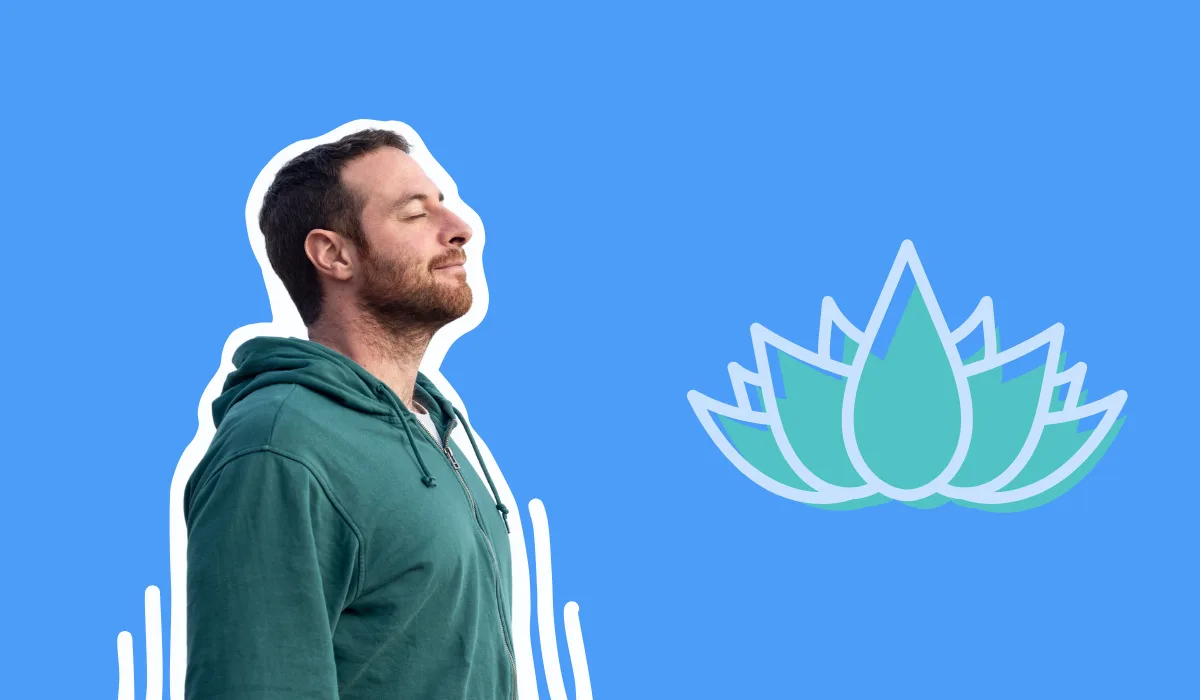The relaxation trap: when unwinding triggers anxiety
Published on 02/10/2025

For many, the idea of relaxing is synonymous with reducing stress. However, for some, attempts at relaxation can actually trigger or worsen anxiety. This paradoxical response is more common than you might think and is influenced by various psychological factors.
1. Understanding relaxation-induced anxiety
Relaxation-induced anxiety occurs when efforts to unwind—such as deep breathing, meditation, or simply taking time off—lead to increased anxiety instead of relief. This phenomenon can be especially troubling for people already prone to anxiety disorders.
2. Psychological factors at play
Fear of losing control: For some, relaxation can feel like losing control of their thoughts or emotions. The calm and stillness associated with relaxation can make intrusive thoughts more noticeable, resulting in heightened anxiety.
Unresolved stress: If underlying stressors are not addressed, attempts at relaxation can bring them to the surface. Instead of feeling calm, individuals may find themselves ruminating on unresolved problems.
Conditioned anxiety response: Some people may have been conditioned to associate relaxation with guilt or unproductiveness. This is particularly common among high achievers or those with a strong work ethic, who may feel compelled to remain constantly busy.
3. Strategies to manage relaxation-induced anxiety
Gradual exposure: Slowly increasing the time spent on relaxation activities can help desensitize the anxious response. Start with just a few minutes and gradually extend the duration.
Mindfulness practices: Incorporating mindfulness can help individuals stay present and reduce the impact of intrusive thoughts. Techniques such as mindful breathing or body scans can be particularly effective.
Addressing underlying stressors: Identifying and tackling the root causes of stress can reduce the anxiety that arises during relaxation. This may involve therapy, lifestyle changes, or improving time management skills.
Cognitive-behavioral techniques: Cognitive Behavioral Therapy (CBT) can help reframe negative thoughts linked to relaxation. A therapist can guide individuals through exercises that challenge and shift unhelpful thinking patterns.
4. Professional help and resources
Seeking professional help is crucial if relaxation-induced anxiety significantly impacts daily life. Mental health professionals, such as psychologists or counselors, can provide personalized strategies and support. In Europe, organizations like the European Association for Behavioural and Cognitive Therapies offer resources and directories to find qualified therapists.
5. Community and online support
Online communities and support groups can also provide valuable insights and shared experiences. Websites such as Mental Health Europe offer forums and resources for people facing various mental health challenges, including anxiety.
Conclusion
Relaxation-induced anxiety is a complex issue, but understanding its underlying causes can lead to effective management strategies. Gradual exposure, mindfulness, addressing stressors, and seeking professional help can all contribute to reducing this paradoxical anxiety.
If you feel the need to consult a mental health professional, you can easily find and book an appointment online through platforms like Doctena Luxembourg, Doctena Belgium, Doctena Germany, Doctena Austria, Doctena Switzerland, which provide quick access to psychologists, psychiatrists, or therapists near you.
Author : marine
About us
We strive to improve patient care by simplifying and securing communication between practitioners and patients. With Doctena, patients can book appointments easily and healthcare professionals can send them automated reminders securely.

